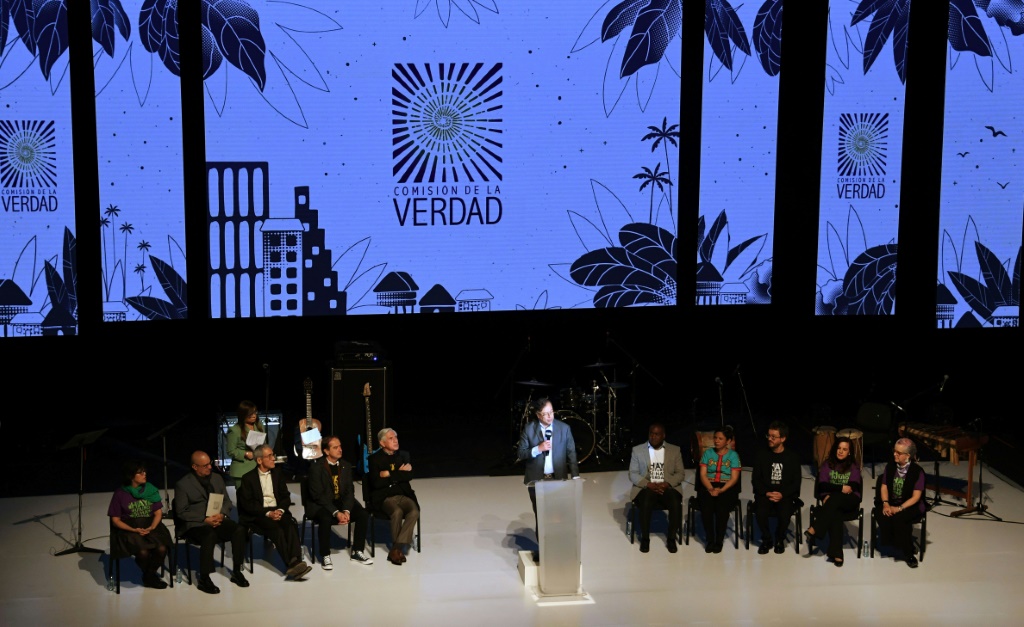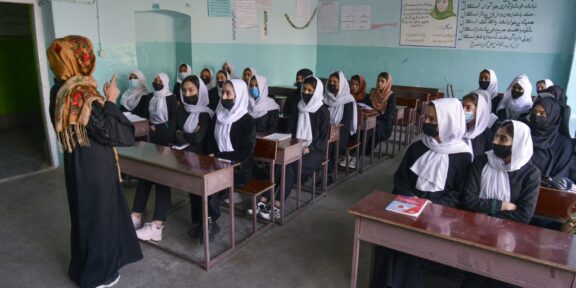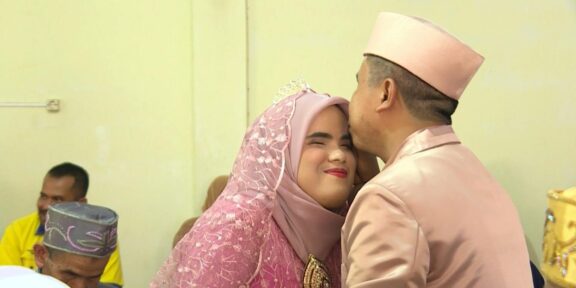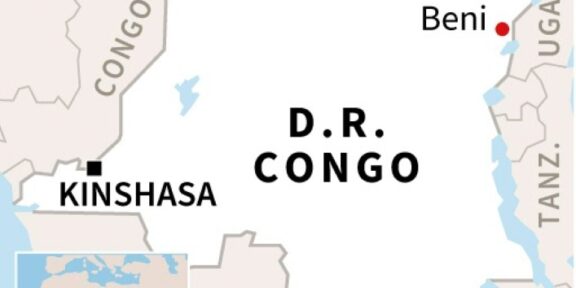Colombia’s Truth Commission, established to probe atrocities committed during the country’s near six-decade civil conflict, presented its final, 896-page report on Tuesday.

The document is the product of years of work that included hearing testimony from more than 14,000 victims of the fighting between leftist guerillas, far-right paramilitary groups and state agents.
Authorities say the conflict resulted in some nine million people either killed, disappeared or displaced.
Also included in the report are the accounts of former fighters who gave up arms or are prisoners today, as well as soldiers and former presidents.
Priest Francisco de Roux, who headed the commission, handed the monster report to President-Elect Gustavo Petro during a ceremony at a theater in Bogota.
It makes for grim reading — packed with accounts of forced disappearances, rape, massacres and torture, and concludes that Colombians suffer from “collective traumas” passed down “from one generation to another.”
The Truth Commission, an extrajudicial body, is one of the entities set up as a form of victim reparation that came out of the 2016 peace pact that disarmed the FARC guerrilla group.
There is also a court to investigate and punish the worst crimes, and a special unit to find missing victims.
The report entitled “There is no future if there is no truth,” will be published in chapters over the next two months, when the commission will officially cease to exist.
The priest handed the report to Petro with 19 recommendations to give full effect to the peace pact, including seeking peace with the ELN, the last guerrilla group operating in the country.
Outgoing President Ivan Duque, who was critical of the 2016 peace deal and of negotiating with guerrillas, did not attend Tuesday’s ceremony.
Petro has said he would resume talks with the ELN, which were suspended under his predecessor.
Violence has flared up again in Colombia despite the peace accord.
Areas abandoned by the now-defunct FARC guerrilla group have become battle grounds for control of drug and illegal mining resources between armed groups — including FARC dissidents — holding many rural communities in a state of siege.






